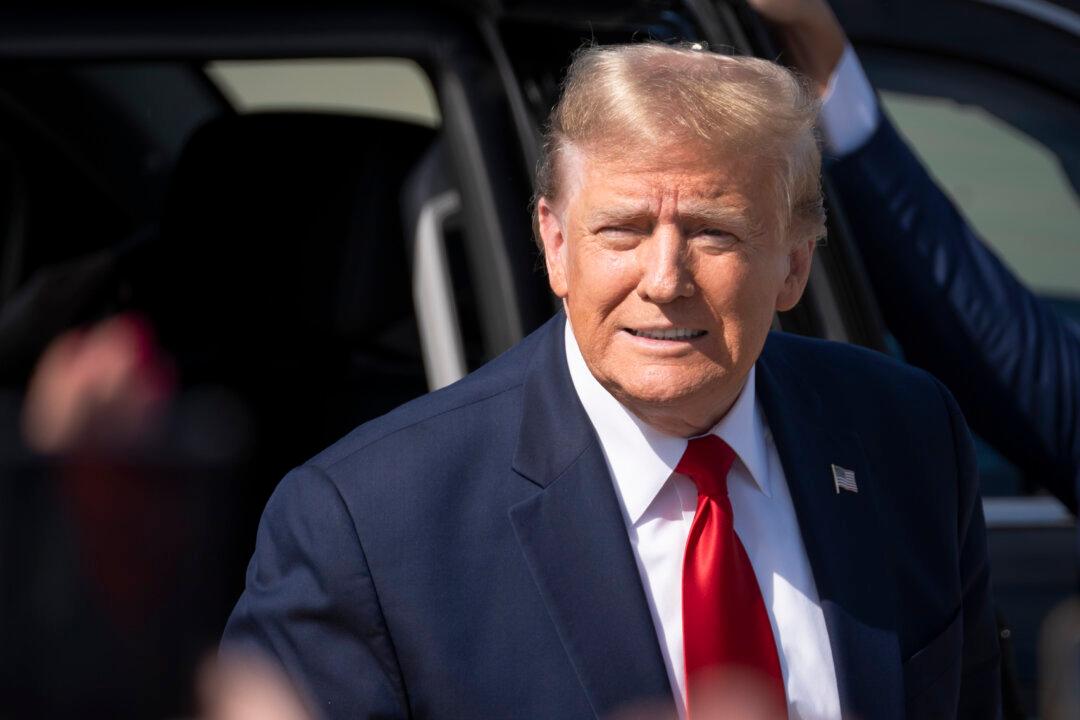Ahead of a Supreme Court ruling on whether former President Donald Trump can be disqualified as a candidate by individual states under Section 3 of the 14th Amendment, an Illinois judge ruled President Trump ineligible for the ballot.
Cook County Circuit Court Judge Tracie Porter, following other jurisdictions, stayed her order to remove the former president pending an appeal.





